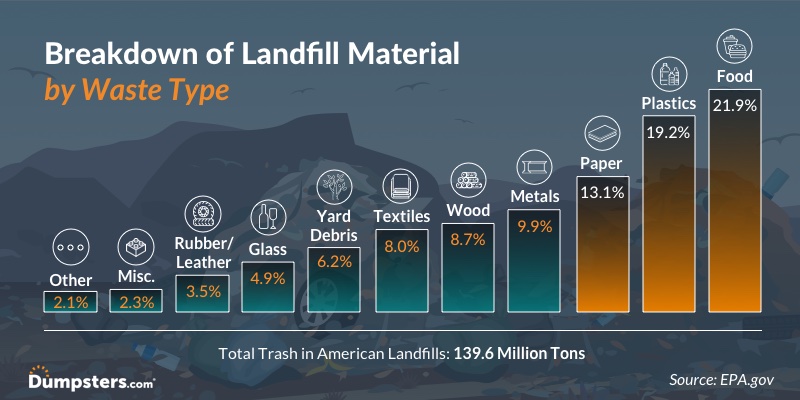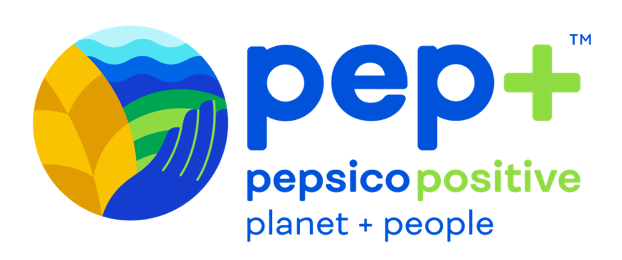Do you notice there is a Pepsi logo almost everywhere you go around the campus? Starting from the Pollock dining, there are sponsored drinks such as Mountain Dews, Starry, Sunkis, Brisk, you name it. Even Starbucks people go every day is a part of Pepsi’s beverage brands. Interestingly enough, Pepsi’s biggest competitor, Coca Cola did not show up on campus (which is a bummer for me because sometimes I’m craving a Coke). Since Pepsi is such a huge influencer on our campus, how does it impact society overall? With climate change being one of the hottest topics people are concerned about today, businesses such as Pepsico are also involved in reducing waste to achieve SDGs- known as the Sustainable Development Goals enforced by the United Nations.
Starting in 2016, the United Nations (UN) officially posted the agenda for a set of goals to banish a host of social ills by the end of 2030. As you can see in the image above, there are 17 goals in total which includes most of the civic issues nowadays. These goals are based on the Millennials Development Goals (MDGs) which is a broader version of the 17 goals. SDGs has 169 targets with 192 UN members agreeing to achieve also with 162 countries in alliance- including the US.
But data has shown that the US is a country that produces more than 12% of the planet’s trash, though it is home to only 4% of the world’s population. 
According the last year’s report, Americans produce 268 million trash annually and that is an average of 4.5 pounds per day with most of it being recyclable items. Something noticeable right now in our lives is the plastic bag ban.

Back in Philadelphia, everywhere I go, stores require you to bring your own bag or they changed them to paper bags. Now in some of the suburban areas, the plastic bag bans are also effective. Similar to plastic bags, plastic bottles such as water bottles you bought in stores can also be recycled. Data shows that we throw out 60 million plastic water bottles every day and only 12% of them are recycled. Pepsico partnering with Aquafina has come up with a product innovation that can potentially solve this problem.
Sustainability in business is usually founded in their ESG ( Environmental, Social, and Governance). They serve a similar purpose as SDGs that is usually summarized into a concept called the Triple Bottom Lines in business. The Triple Bottom Lines are the 3 Ps: people, planet, and profits. Pepsico has a rich experience in maintaining planetary boundaries while serving their customers at their best. With their innovation partnering with Aquafina, they come up with something that can recycle water bottles and reduce waste.
The Aquafina water station allows the consumer to refill their water bottles with the company’s zero-calorie Aquafina brand products such as added peach, strawberry, limes, and raspberry lime flavorings. All you have to do is tap on the vending machine and choose the flavor that you like and it will give you what you want. Right now for the record, Pepsico has not officially launched this water station in the market yet. But there are 30 water stations out in the public for testing purposes including Penn State University. Half of the machines charged $1.39 to refill a 32-fl. oz bottle and the other half provides free service. In fact, in Dubai, the city malls installed water stations to promote reuse and refills. During Expo 2020, 28 Aquafina water stations in Dubai saved more than 500,000 plastic bottles.
“At PepsiCo, we believe that sustainability is everyone’s responsibility, and we know that even small lifestyle changes can lead to a big impact…” said Aamer Sheikh, Chief Executive Officer, PepsiCo Middle East.
Although the Aquafina water station has not become a “thing” in the market yet, the sustainable innovation behind the product is a lot appealing to the environment. It provides a reusable, renewable, and sustainable start for people to form a habit of recycling plastics. Dubai is a good start. Thus, hoping in the future, the water station can rise in popularity in the US to reduce the amount of plastics that we waste every day so that we can help contribute to eliminating current climate problems.



Hi Shuyu,
I did not realize the extent of the influence Pepsi had on our campus. I did know we only had Pepsi products at dining halls because of PSU’s agreement with Pepsi, but I had no idea Starbucks is also a Pepsi company. Personally, I think Pepsi’s refillable water stations will be really helpful (if offered for free) because I am someone who drinks a ton of water. I refill my bottle at least 3 times every day. With the amount of garbage the US is producing, making sustainable improvements is very important.
– Akshaya Shyamsundar
It’s great that companies are turning towards more sustainable alternatives. I didn’t actually realize that Penn State was involved with Pepsico that’s interesting to think about. It seems Penn State is somewhat mindful of sustainable practices in some ways. Just recently my hometown (Arlington , VA) started making it so that you have to pay for a plastic bag if you decide to use one. My family has always brought our own bags when we go shopping places.